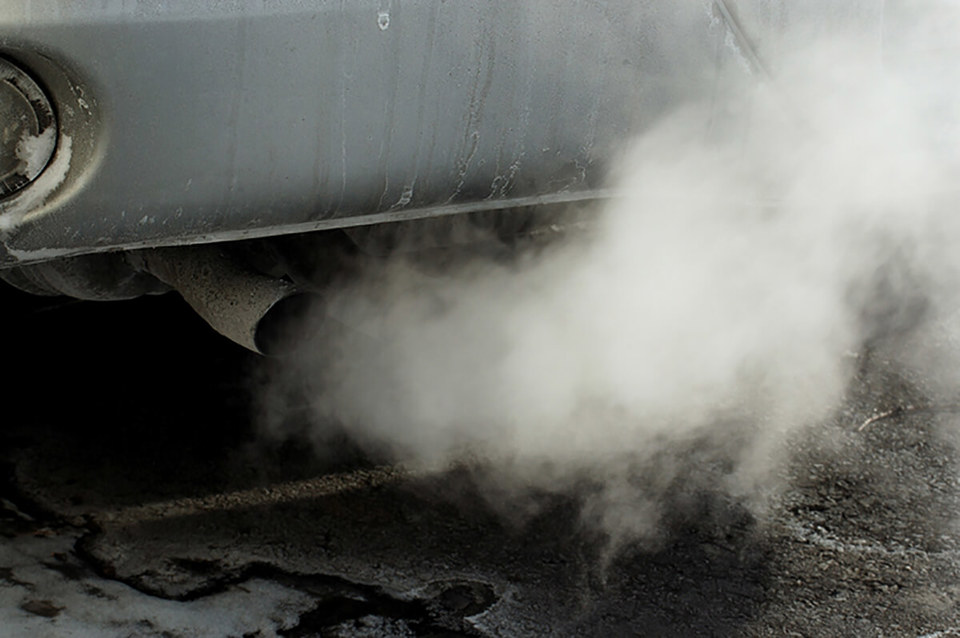The Government is being urged by MPs to review Vehicle Excise Duty (VED) to better incentivise electric and other ultra-low emission vehicles (ULEVs).
VED was reformed in the 2015 Budget, moving from a multi-tiered system where payments were scaled in line with CO2 emissions to a simplified, three-level approach (see below).
The changes will have a big impact on fleets. A new car, with CO2 emissions of 90g/km and a list price of £40,000 or less on a four-year cycle, would pay nothing if registered today. After April, 2017, it will cost £520 over four years.
The reform, according to the Treasury, is aimed at making VED “fairer for motorists and reflect improvements in new car CO2 emissions”.
If left unchanged, more than three-quarters of new cars would pay no VED at all in the first year from April 2017.
MPs on the Energy and Climate Change Committee said they regretted the Government’s changes to VED, which reduce incentives for ULEV uptake and may be interpreted as “wavering commitment to road electrification”.
The committee said: “The Government should reconsider abolishing the tiered system. In the future, fiscal incentives for ULEVs must be maintained with greater consistency.”
A spokesperson for the Treasury told Fleet News: “The new VED system still clearly favours the lowest emission vehicles, and the new first-year rates ensure the cleanest cars benefit the most.”
However, the Treasury said, the Government keeps all taxes under review.
Denis Naberezhnykh, Transport Research Laboratory (TRL) head of ULEVs and energy, said: “We fully agree with the committee’s assessment. The VED system is not adequate to help the Government meet its zero emission targets.”
Naberezhnykh said there are a wide range of vehicles for customers to choose including plug-in hybrids or ultra-efficient diesel and petrol models and the current system presents a binary choice.
He said: “Key stakeholders across the industry need to get together to push for a review. We’re a company that bases decisions on clear evidence and as far as we’re concerned the Government has not provided the evidence to show that this new taxation structure will work to properly incentivise sales of all ULEVs.”
Models such as the Mitsubishi’s Outlander PHEV will be most affected by the changes. Under the new scheme, a customer will need to pay £290 over a three-year period in VED on an Outlander PHEV (and £910 on high-specification versions) compared to nothing under the current scheme.
Toby Marshall, Mitsubishi Motors UK director of sales and marketing, said: “The VED changes from April next year will have a disproportionately negative impact on PHEVs.
“Government support has undoubtedly helped the segment to grow, but mainstream adoption of this technology is still very much in its infancy and therefore it is too still far early to reduce the financial incentives in place.”
Marshall said the financial benefits of owning an ULEV have been “significantly narrowed” by the Government’s new VED system.
He concluded: “This will result in a slowdown of growth in the segment with buyers opting instead for vehicles with higher emission conventional petrol and diesel engines.”
VED: the three-level approach
- Cars registered on or after April 1, 2017, will have a first-year rate according to the vehicle’s CO2 emissions, but will also be split into three bands for the subsequent standard rate: zero emission, standard (cars up to £40,000) and premium (priced above £40,000).
- Zero emission cars pay no VED, unless priced more than £40,000 when they are hit with the premium rate of £310 for five years after the initial zero first-year rate.
- Standard cars pay the first-year rate according to their emissions banding and then the standard rate of £140.
- Premium cars also pay the first-year rate according to their emissions banding but are then hit with a £310 supplement for the next five years, taking the total VED to £450.
Extra costs will be passed on in ‘fair and transparent way’
Fleet managers will face increased daily rental costs as a result of the new VED regime.
Enterprise Rent-A-Car, which owns and operates 95,000 vehicles in the UK, is consulting its largest customers about the best way to pass the cost on.
At an ACFO East Anglia and Midlands meeting, Andy Bland, Enterprise head of sales, West Midlands, said: “We can’t yet put an exact number on how it is going to impact us, we just know it certainly is. We know it is going to be in the millions, we know we will have to pass this cost on but we also know we will do it in a fair and transparent way.”
Enterprise is looking at two options: customers that use low emission vehicles could pay a fee based on what they use or they could take advantage of Enterprise’s average fleet and pay a flat fee.


















Login to comment
Comments
No comments have been made yet.